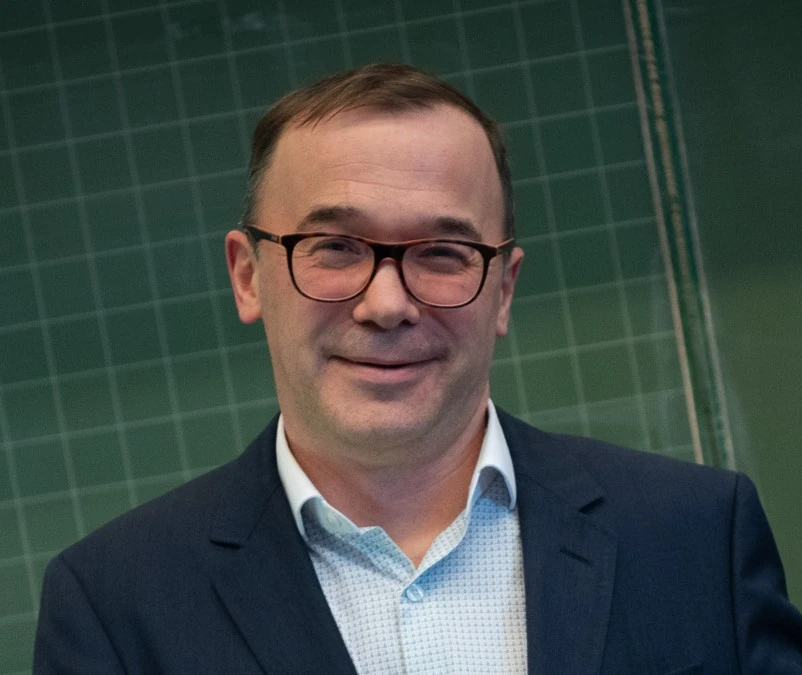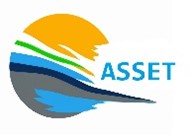Techno-Economics and Carbon Footprint
Subsurface energy systems are gaining attention for addressing energy storage challenges and environmental concerns. Optimizing efficiency of these systems and minimizing their environmental impact remain critical. Exergy analysis, measuring a system's maximum useful work at equilibrium, provides a comprehensive framework for assessing subsurface energy systems. Exergy in combination with techno-economics and carbon footprint analyses serve as a robust tool for evaluating sustainability across energy technologies and policy options. This approach considers environmental burdens from raw material supply to final end-user product delivery.
Related projects
Techno-economic assessment of subsurface energy systems
Timeline: March 2023 – March 2027
ExergyET project focuses on a comprehensive assessment of various subsurface energy transition systems. In this assessment, we will compare all existing sources and sinks of energy within industrial applications in terms of exergy of the system complementing it with the evaluation of their economic performance as well as CO2 footprint related to every stage of these applications.
Related publications
- Rouhi Farajzadeh, Bartholomeus Petrus Lomans, Hadi Hajibeygi, Johannes Bruining, (2022), Exergy Return on Exergy Investment and CO<sub>2</sub>Intensity of the Underground Biomethanation Process, In ACS Sustainable Chemistry and Engineering Volume 10 p.10318-10326.
- Anas M. Hassan, M. Ayoub, M. Eissa, T. Musa, Hans Bruining, R. Farajzadeh, (2019), Exergy return on exergy investment analysis of natural-polymer (Guar-Arabic gum) enhanced oil recovery process, In Energy Volume 181 p.162-172.
- R. Farajzadeh, (2019), Sustainable production of hydrocarbon fields guided by full-cycle exergy analysis, In Journal of Petroleum Science and Engineering Volume 181.
- R. Farajzadeh, CAE Zaal, P. van den Hoek, J. Bruining, (2019), Life-cycle assessment of water injection into hydrocarbon reservoirs using exergy concept, In Journal of Cleaner Production Volume 235 p.812-821.
- Rouhi Farajzadeh, Ali Akbar Eftekhari, Siavash Kahrobaei, Rifaat Mjeni, Diederik Boersma, Hans Bruining, (2022), Chemical Enhanced Oil Recovery and the Dilemma of More and Cleaner Energy, In Society of Petroleum Engineers - SPE Conference at Oman Petroleum and Energy Show, OPES 2022, Society of Petroleum Engineers.
- Rouhi Farajzadeh, Siavash Kahrobaei, Ali Akbari Eftekhari, Rifaat A. Mjeni, Diederik Boersma, Johannes Bruining, (2021), Chemical enhanced oil recovery and the dilemma of more and cleaner energy, In Scientific Reports Volume 11.
- R. Farajzadeh, G. Glasbergen, V. Karpan, R. Mjeni, D. M. Boersma, A. A. Eftekhari, A. Casquera Garcia, J. Bruining, (2022), Improved oil recovery techniques and their role in energy efficiency and reducing CO<sub>2</sub> footprint of oil production, In Journal of Cleaner Production Volume 369.
- Mahnaz Aghajanloo, Lifei Yan, Steffen Berg, Denis Voskov, Rouhi Farajzadeh, (2024), Impact of CO<sub>2</sub> hydrates on injectivity during CO<sub>2</sub> storage in depleted gas fields: A literature review, In Gas Science and Engineering Volume 123.
- R. Farajzadeh, A. A. Eftekhari, G. Dafnomilis, L. W. Lake, J. Bruining, (2020), On the sustainability of CO<sub>2</sub> storage through CO<sub>2</sub> – Enhanced oil recovery, In Applied Energy Volume 261.
- R. Farajzadeh, S. S. Kahrobaei, A. H. De Zwart, D. M. Boersma, (2019), Life-cycle production optimization of hydrocarbon fields: Thermoeconomics perspective, In Sustainable Energy and Fuels Volume 3 p.3050-3060.



